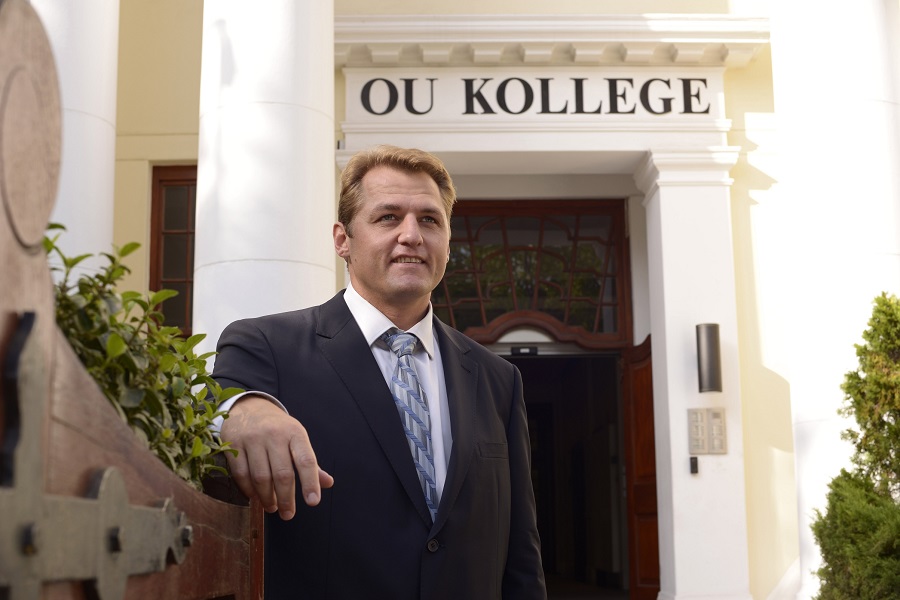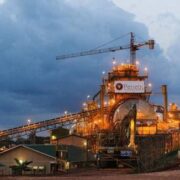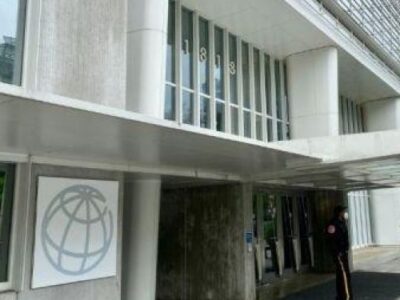Afgri CEO Norman Celliers says he’s confident that as the centenarian company, one of SA’s oldest agricultural services groups, nears completion of its two-year restructuring, the leaner and simplified group is well positioned to be sustainable in up and down cycles.
“We’ve managed to get our balance sheet back within our covenants and terms with our lenders and we’ve re-established strong relations with strategic banking partners,” Celliers told Business Day.
“Ultimately a company needs to be profitable … at this point our revenues have turned around nicely and our operational profits are back on track,” he said. One or two more structural changes are still needed to fully optimise Afgri’s structural efficiencies, he added.
The Centurion-based group has been grappling with serious liquidity challenges and with capital structures that were not appropriate after an ill-fated noncore expansion into the rest of Africa, according to the CEO.
“Noncore expansion and using too much debt to pursue those growth objectives — so a lot of expansion took place outside the borders of SA — meant those investments took longer to materialise. As a result, the group found itself in a slight liquidity-constrained position.”
As an agri-services veteran and former Zeder Investments CEO, Celliers was brought into the group in March 2021 with a specific mandate to turn the business around and put the group on a sustainable growth path.
He said that over the past 24 months a far-reaching and extensive turnaround programme was implemented successfully to realign the group around its core focus of partnering meaningfully with those involved in the SA agribusiness industry.
This has meant exiting noncore businesses outside SA where the group had operations, including in countries such as Zambia, Ghana, Uganda and a few other select markets. Celliers said some of the businesses were sold to local operators and some were sold to management buyout companies in food production facilities that Afgri owned.
In SA, Afgri exited contracts for its food manufacturing and its bakery businesses.
Specialising in grain management, equipment sales and services, milling, animal feeds, agricultural financial services and insurance, the group, which delisted from the JSE in 2014, has seen turnover grow to about R20bn annually with attractive normalised operational profits.
“Afgri today is almost back to what its core business was,” said Celliers. “Going back to basics is incredibly important —farming enterprisesneed to be supported by many services and products, the scaleof which Afgri has diligently supplied for the past century.”
He said the group’s immediate focus would be to continue on a path to stabilise the existing business. Aggressive growth was not a short-term objective, he added.
“But then as we regather our momentum, our immediate need will be to grow our existing business so we would be looking for opportunities to expand through M&A or organic growth in the business units that we do have to make sure they get to the desired market share.”
Despite the pandemic and economic downturn, local agriculture has had bountiful success in recent years and Celliers pointed out that in the grain industries specifically, SA has been blessed climatically with three very good years, which meant the group also benefited.
He said the company is set to continue to benefit in the short term. However, should conditions change in the longer term, Afgri would be ready.
He expects the rest of the year will be positive for grain production. “As a group that bodes very well for us,” he said.
Slightly softer commodity prices might put profitability at the farm-gate level under more pressure in the next two years. “But we’ve got a very diversified group. We are well positioned in both an up- and down-cycle to be able to be sustainable.”
Afgri is operationally responsible for handling and servicing about 5-million tonnes of the grain value chain in SA. It is also the largest independent John Deere dealer outside North America, with operations in Africa and Australia.











Comments